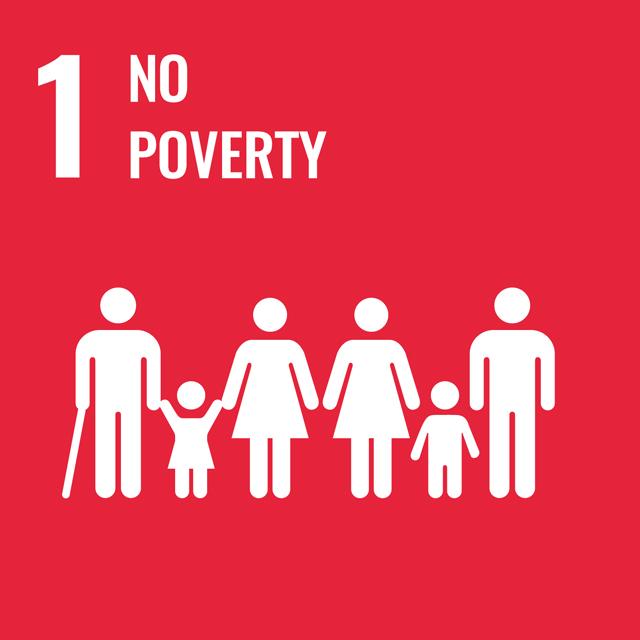Pursuing a career that aligns with the UN's Sustainable Development Goal (SDG) 1: No Poverty allows you to contribute to ending poverty in all its forms by 2030. This goal emphasizes creating inclusive economic opportunities, expanding essential services, and building resilience against environmental, economic, and social challenges. Explore how your skills and ambitions can make a meaningful impact on poverty eradication.
The Goal: No Poverty
This goal aims to end poverty in all its forms everywhere by 2030.
Key objectives include ending extreme poverty, reducing the proportion of people living in poverty, implementing social protection systems, and ensuring equal access to economic resources and basic services.
The goal also focuses on building resilience to environmental, economic, and social shocks and disasters.
The Work
Achieving SDG 1 involves implementing inclusive economic policies, creating jobs, and ensuring access to essential services like education and healthcare. It also entails empowering marginalized groups, promoting financial inclusion, and combating corruption. Collaboration among governments, international organizations, and the private sector is crucial for mobilizing resources and coordinating efforts toward poverty eradication.
The Skills
These skills are in demand for careers related to SDG 1. While it is not necessary to master all of these skills, familiarity with some of them can enhance your readiness and competitiveness in the job market.
- Policy Development and Implementation
- Economic Analysis
- Financial Literacy and Management
- Community Engagement
- Education and Training Delivery
- Public Health Expertise
- Data Analytics
- Advocacy and Communication
- Environmental Awareness
- Collaboration
Engagement with Queen's and Kingston
You don’t need special training to make a difference in achieving SDG 1. Support local initiatives like clothing drives, volunteer at shelters, or create care packages with essential items for those in need.
By raising awareness, advocating for economic equity, and sharing your time, resources, or skills, you can help reduce poverty and build a more inclusive community.
Clubs at Queen's
Volunteering in Kingston
Past QUIP Internships
Indigenous Youth Research Associate
Sample Undergraduate Courses
- DEVS 101 Development in Global Perspective
- DEVS 230 The Global Political Economy of Development
- GNDS 421 Gender and Poverty
- LAW 303 Law and Poverty
Sample Graduate Courses
- GNDS 832 Gender and Poverty
- LAW 853 Law and Poverty
Career Possibilities
- Policy Analyst
- Urban Planner
- Social Worker
- Rural Development Specialist
- Data Analyst
- Sustainable Development Consultant
- Human Rights Lawyer
- Advocacy Officer
- Early Childhood Educator
- Development Economist
Corporations, NGOs, and Government Agencies
Corporations can help eradicate poverty by creating jobs, paying fair wages, and supporting local economies.
Through corporate social responsibility (CSR) programs, they can provide financial education, skills training, and resources to impoverished communities.
Inclusive business models can also ensure marginalized groups have access to economic opportunities and services, lifting entire communities out of poverty.
- Employment and Social Development Canada (ESDC)
- Indigenous Services Canada (ISC)
- Canada Mortgage and Housing Corporation (CMHC)
 Student Affairs
Student Affairs